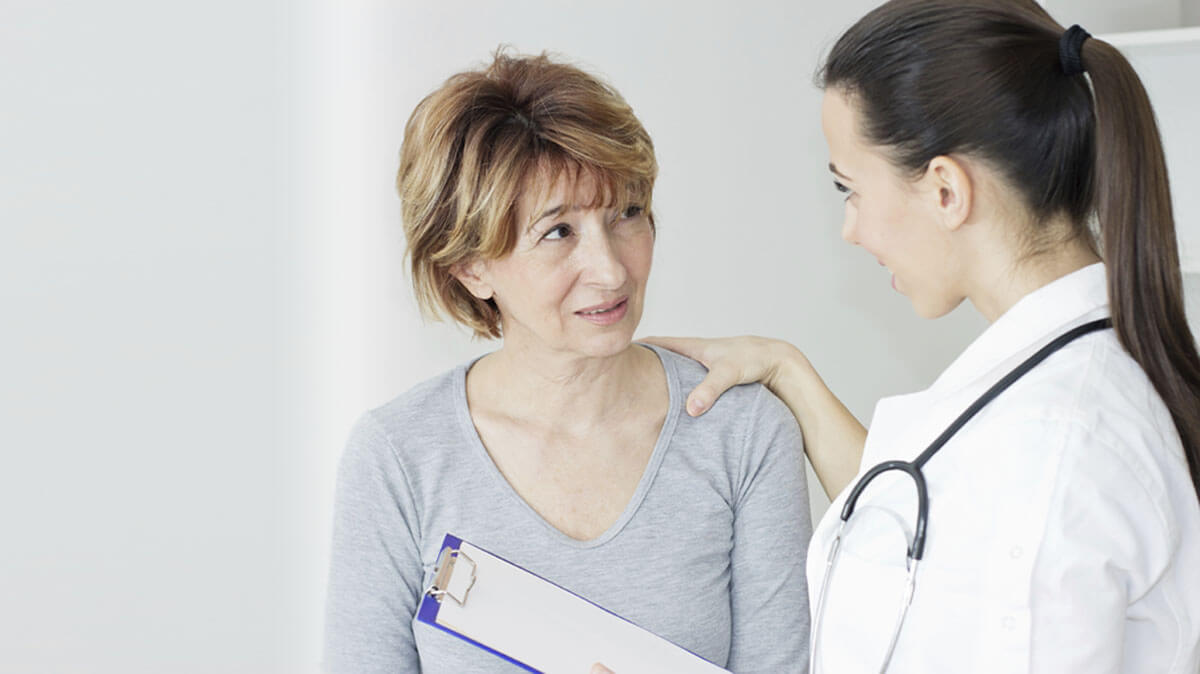
HIV testing
Getting tested is the only way to find out if you have HIV. Early testing is important. If you have HIV, starting treatment early with today's antiviral drugs may help you live decades longer and lower the risk of passing HIV to your partners.
Should I get tested for HIV?
According to the U.S. Preventive Services Task Force, get tested for HIV if you are:1
- Older than 15. All women and girls older than 15 need to be tested at least once.
- Pregnant. Every pregnant woman should have an HIV test as early as possible in the pregnancy. You need to get tested even if you have been tested before. Also, consider getting tested for HIV if you plan to get pregnant.
Some women with HIV don't know they have it, because HIV may not cause symptoms for several years.
Even if HIV causes no symptoms, it is still causing problems with your body's immune system that need to be treated as soon as possible.
Some women who test negative assume their partners must be HIV-negative too. But your HIV test reveals only your status, not your partner's.
When should I get tested for HIV?
If you think you might have been exposed to HIV, get tested. But testing right away may not pick up early HIV infection. The first HIV test taken soon after infection may say that you do not have HIV even if you do. That is because some HIV tests look for antibodies (the body's natural immune response to a foreign invader) that your body may not have developed yet.
If you get HIV, your body will usually begin to develop antibodies within three to 12 weeks (21 to 84 days).2 The time between being exposed and developing antibodies is called the "window period."
There are newer HIV tests available that can tell whether you are HIV-positive early after exposure to the virus. One of the newer tests looks for the virus itself, by testing for viral load (the amount of HIV in your blood) and a marker on the virus called p24 antigen.3 This test is much more sensitive. It can detect HIV within nine to 11 days after exposure. This type of test may be more expensive. Ask your doctor if this test is available when you get tested for HIV.
How can I get free HIV testing?
Many clinics and doctors' offices have free or low-cost HIV testing. Enter your ZIP code or address into the clinic finder on this page. If you have health insurance, you may be able to get free HIV testing under the Affordable Care Act (the health care law). HIV screening and counseling for women are covered without cost sharing in most private health insurance plans. Medicaid also covers certain recommended preventive services, including HIV screening for women at higher risk for HIV, without cost sharing or deductibles.4
HIV testing for people with Medicare is usually covered once every 12 months. Pregnant women with Medicare can get up to three HIV tests for free during pregnancy.5
Ask if the newer HIV test, which picks up infection earlier, is available when you get tested for HIV.
Sources
- U.S. Preventive Services Task Force. (2013). Human Immunodeficiency Virus (HIV): Screening.
- Centers for Disease Control and Prevention. (2016). Act Against AIDS: Testing.
- Centers for Disease Control and Prevention. (2014). Quick Reference Guide—Laboratory Testing for the Diagnosis of HIV Infection: Updated Recommendations.
- AIDS.gov. (2016). The Affordable Care Act and HIV/AIDS.
- Medicare.gov. (n.d.). Your Medicare Coverage. HIV screening.

